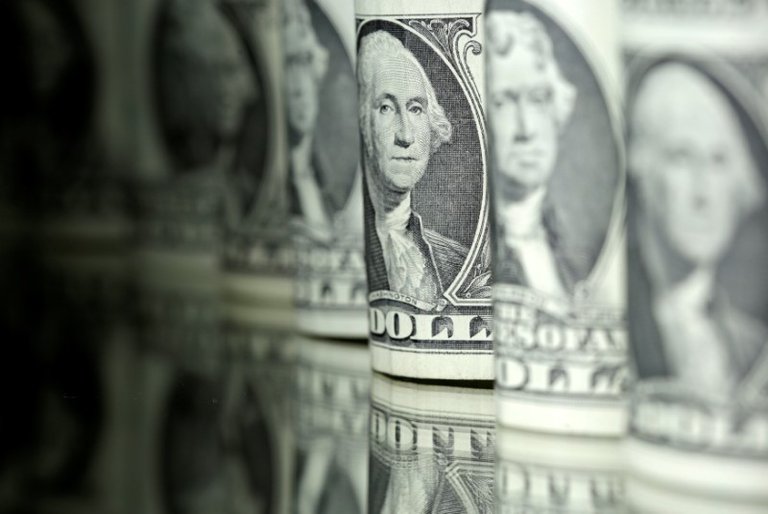
By Patrick Graham
LONDON (Reuters) - An unchanged stance on interest rates from Australia's central bank dominated major currency markets on Tuesday, pushing the Australian dollar almost one percent lower and spurring a bounce for the yen from seven-week lows.
Along with the U.S. dollar, the yen suffered last week from a shift towards tighter monetary policy by central bank officials outside the United States and many had expected the Reserve Bank of Australia to fall in line with the trend.
But the Aussie central bank's neutral stance on rates was broadly unchanged and the Aussie dollar, up in earlier trade, sank in response.
Sweden's Riksbank also stuck to forecasts for rates not to rise until the middle of next year and said that, while it did not expect to cut borrowing costs again, it did not rule that out, pushing its crown currency lower. (EURSEK=)
"The fact that the RBA didn't meet the expectations for a shift to more hawkish rhetoric was a big driver," said Lee Hardman, an analyst with Japan's MUFG in London.
"If the yen has weakened in the past week it has been on the idea that the central banks were shifting to a more hawkish stance. And obviously this goes in the other direction."
The yen, also helped by Asian investors seeking safe havens for their money after a missile launch by North Korea, rose around a third of a percent against both the dollar and the euro (EURJPY=).
The Aussie, which hit almost four-month highs in last week's moves, fell 0.8 percent on the day to $0.7599 .
While the dollar slipped against the yen, it stood firm at 96.256 (DXY) against the basket of six major currencies used to measure its broader strength.
That followed its strongest daily gain in almost four months on Monday, helped by a bigger-than-expected rise in one U.S. factory activity indicator which propelled the 10-year Treasury yield (US10YT=RR) to its highest since May 16.
The greenback was hit hard last week as expectations increased that central banks in Europe and Canada would eventually shift to tighter monetary policy.
But a number of analysts have begun to highlight the chances of ECB policymakers, three of whom speak on Tuesday, expressing concern about euro appreciation - or simply dialing down any more rhetoric on tightening - if the currency gets much higher.
"Last Thursday, euro sentiment reached an extreme with 93 percent of traders bullish, before settling down to 82 percent yesterday," Morgan Stanley (NYSE:MS) analysts said in a note.
"The last time the index reached this high was in February 2013, causing the ECB to intervene verbally. We expect a EUR downward correction, but the magnitude of the anticipated correction will be ... moderate."
Despite that call, the U.S. bank recommended buying in to any break for the euro above $1.1450. It traded 0.1 percent lower by 1045 GMT at $1.1349.

Hi! I am a robot. I just upvoted you! I found similar content that readers might be interested in:
https://finance.yahoo.com/news/forex-yen-gains-rba-declines-110630145.html
Just follow and resteem this post if your steem.power is zero i will upvote your one post
upvote this post then comment your post link which you want should I upvote it
If you not following me you should follow me then do it
https://steemit.com/upvote/@crypto-booster/upvoting-started-followers